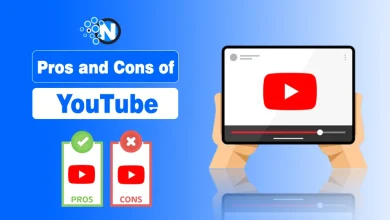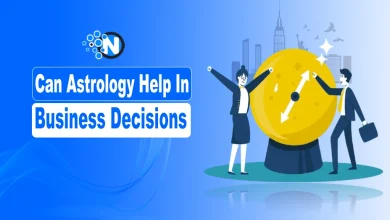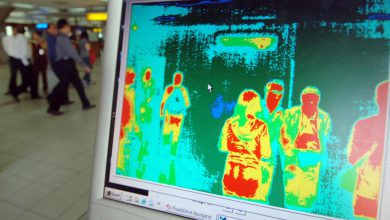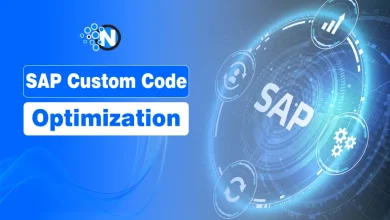How Can You Lease Your NFT’s
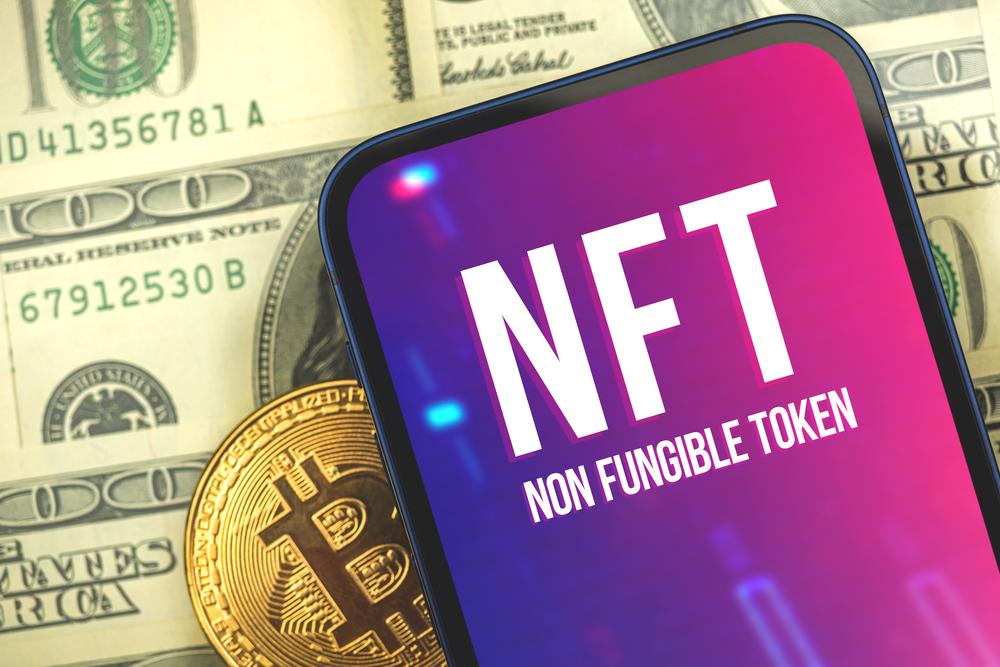
Today, what you can do with NFT’s is limited by the games they come from because each economy is independent. However, blockchain-based rentals may soon allow players to monetize their NFT’s and even rent them out as tools for online guides and other purposes—essentially creating a secondary market for NFTs. While renting in-game items is already a grey area, blockchain makes it possible for this to be decentralized and secure—and more easily tracked.
How does it work?
Think of non-fungible tokens as unique, collectible items that players can use in multiple games. These digital assets are often used by gamers to progress through specific tasks within a game, but they are nearly always required if you want access to certain areas or abilities. Players have limited space on their computer hard drives, so selling duplicates is not an option. However, if there were ways to share these funds so players could rent or borrow them when needed—that would give them extra flexibility while keeping all the value in a playable asset.
For example, you might use your NFT to access a specific spot in a game and earn crypto coins while doing so. But if you need help reaching that space, you could rent the same NFT from someone else who isn’t using it. It would likely cost less than buying another copy of the digital item outright—and players wouldn’t have to wait for new games or further content updates to unlock new areas or abilities they want to access. You could also visit 99starz.io to learn about these concepts in depth.
It will be up to game developers to allow this secondary market to existing within their game universes. The idea is that players should ultimately get more out of their non-fungible tokens by sharing them with other gamers rather than buying more of them.
That said, most gamers are unlikely to spend their globally-tracked tokens unless there is a use for them within the game itself. To that end, these gaming communities will have to adjust their design philosophy to accommodate token leasing/sharing rather than sticking with traditional centralized systems. After all, many of the NFT’s used in games today are already traded on secondary markets—so it only makes sense for players to be able to make money off them as well.
How do you work this into the game?
With blockchain technology, video game developers can implement different ways for players to unlock features AND generate income. For example, if your character needs help clearing obstacles or completing specified tasks, you could rent out your character to another gamer. The developer can set a percentage fee or create specific functions for the payer/renter so they don’t feel cheated out of their token-based reward. Players can use blockchain-based smart contracts to do this directly, without an intermediary service—and this could be standardized across all games within a particular gaming universe similar to how players buy and sell NFTs today.
Ultimately, it will be up to gamers themselves whether they prefer renting tokens from other players or completing certain tasks in order to generate income from THEIR non-fungible tokens. Leasing allows both parties more flexibility while also monetizing digital content that would otherwise go unnoticed beyond the confines of its respective game world. If this new system takes off, it could be a way for gamers to earn money and use tokens without having to re-sell them—which is currently the only option available. Moreover, it could even allow players to trade or sell their earned tokens for other cryptocurrencies like Bitcoin.
How will this be different?
The concept of token leasing isn’t new. Currently, you can rent your digital assets (like skins) on sites like Leaseyemu or Rixty. However, these services are typically centralized and unregulated—and they charge exorbitant fees for those transactions. This leaves the door open to fraud since there’s no guarantee that players will get back their deposit when an agreement expires. And because many of these programs don’t give much detail about what happens behind the scenes (they rely entirely on trust), it’s hard to know if the transaction is being processed fairly.
With blockchain technology, gamers can spend less time worrying about the security of their token-based transactions. Since many of these games are decentralized and automated on a blockchain platform, players don’t have to worry about losing their tokens—or being charged high fees. And because more people will be able to play these games without having to buy NFT tokens, the potential for blockchain-based gaming is going to expand exponentially.
How can you get started?
If a game developer or publisher wants to integrate token leasing into their platform, they will need to develop a customized smart contract that governs how players use these digital assets and earning rewards in exchange. Developers will also need to choose which type of token they want to use in their game to ensure that the transaction is valid.
The easiest way to do this is to start with a custom NFT designed specifically for your gaming platform that can be assigned specific attributes and values. But if you don’t have an in-house team, there are other options available.
Smart Contracts
With blockchain-based smart contracts, players can set clear terms for any agreements they make with others—and the contract executes once both parties agree on those specific details. This way, there’s no risk of one party “gaming” the system or otherwise trying to scam another gamer out of their money. Blockchain technology is built around trust reduction but token leasing is only possible if that trust goes two ways—the borrower also has some level of assurance that they will be able to use the item in question long enough to cover the fee and generate income without getting scammed by its original owner.
It may take time for these gaming communities to adjust their design philosophy to accommodate token leasing/sharing rather than sticking with traditional centralized systems. But if they do, it could change the gaming world forever—helping gamers make money from their own assets without having to purchase them or sell them off on secondary markets.

